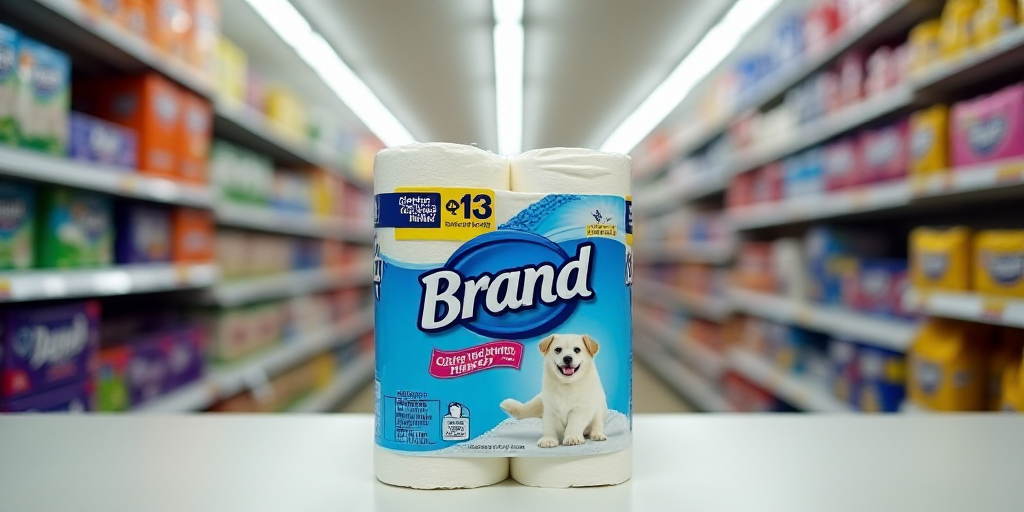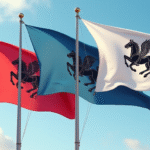The Origins and Early Growth
Grupo Bimbo, a prominent Mexican bakery company, celebrates 80 years in the market. Its growth is a testament to strategic international expansion, strong business acumen, and human values. The legacy of the Servitje brothers continues to thrive in over 33 countries where the brand operates.
The iconic Osito Bimbo and Grupo Bimbo are deeply ingrained in Mexican culture, yet the bakery began as a small family business in Mexico City.
Founded on December 2, 1945, by Lorenzo Servitje amidst post-war times, the company saw significant growth with Roberto Servitje’s involvement. Roberto, who passed away on July 17, played a crucial role in transforming and expanding the company. His seven-decade legacy includes a diverse list of acquired brands and humanistic, sustainable leadership.
Early Beginnings
Bimbo opened its first plant in the Santa María Insurgentes neighborhood, offering only four products: small white bread, large white bread, dark bread, and toasted bread.
At 17, Roberto Servitje joined the company as the first employee, handling sales and vehicle management. Soon after, he expanded Bimbo Occidente to Guadalajara and later León and San Luis Potosí, establishing a regional factory in 1956.
By 1972, Bimbo was a national brand, and it continued to expand its portfolio with new brands like Marinela, Barcel, Ricolino, and Suandy.
The Origin of Bimbo and Osito Bimbo
According to Roberto Servitje, the company was initially intended to be called “Super Pan,” but registration failed due to its generic nature. The partners brainstormed alternative names, including Esperanza, Nieve, Sabroso, Pan Rex, Pan NSE (Nutritious, Tasty, and Economical), and Pan Azteca.
The winning name, “Bimbo,” was a blend of “Bambi” and “Bingo.” The famous Osito Bimbo, created by illustrator Anita Mata, became a symbol of trust recognized by generations of Mexicans.
Expansion
During the 1950s and 1960s, Bimbo began regional expansion with plants in Guadalajara and Monterrey. Roberto Servitje opened Bimbo Occidente in Guadalajara and took charge of its operations, revolutionizing logistics and distribution processes in the Mexican baking industry.
He also oversaw market openings in León and San Luis Potosí, established a factory in 1956, and implemented advanced systems resulting in highly hygienic, quality products.
Internationalization and Leadership
In the 1980s and 1990s, Bimbo embarked on international expansion, first in Latin America (Guatemala, Chile, Argentina, Venezuela, Peru) and later in the United States. Acquiring Mrs. Baird’s in Texas marked a significant milestone, as it was the largest bakery in the southern US and allowed Bimbo to grow rapidly in that market.
In 2001, Bimbo purchased Oroweat, followed by global brands like Entenmann’s, Sara Lee, Fleischmann, and Canada Bread. Each acquisition solidified its global presence while maintaining a distinctly Mexican identity.
Bimbo’s success isn’t solely attributed to its industrial capacity or logistics network but rather to its organizational culture, inspired by the Servitje brothers’ ethical business practices. The company has consistently prioritized people, social responsibility, and sustainable development.
For over two decades, Grupo Bimbo has been committed to environmental sustainability, promoting electric vehicle fleets, clean energy use, and waste reduction.
Today, Grupo Bimbo operates in over 33 countries with more than 200 plants and over 150,000 employees. Its products are sold in more than 100 nations, and it leads in categories like boxed bread, pastries, snacks, and bakery.
Key Questions and Answers
- Who were the Servitje brothers? Lorenzo and Roberto Servitje founded Grupo Bimbo, with Roberto playing a crucial role in its growth and international expansion.
- What inspired the name “Bimbo”? The original intended name, “Super Pan,” was deemed too generic. The winning name, “Bimbo,” was a blend of “Bambi” and “Bingo.”
- How did Grupo Bimbo expand internationally? The company began expanding in Latin America and later entered the US market, acquiring significant bakeries like Mrs. Baird’s and Oroweat.
- What makes Grupo Bimbo successful? Its success stems from strategic growth, human values, and a commitment to sustainability and social responsibility.






